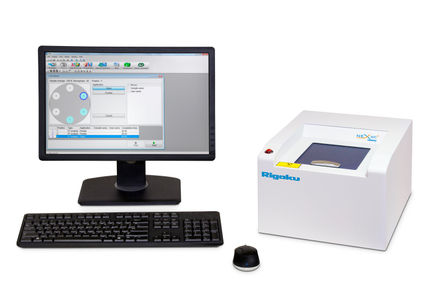To use all functions of this page, please activate cookies in your browser.
my.chemeurope.com
With an accout for my.chemeurope.com you can always see everything at a glance – and you can configure your own website and individual newsletter.
- My watch list
- My saved searches
- My saved topics
- My newsletter
ReuptakeReuptake, or re-uptake, is the reabsorption of a neurotransmitter by the neurotransmitter transporter of a pre-synaptic neuron after it has performed its function of transmitting a neural impulse. This prevents further activity of the neurotransmitter, weakening its effects. Product highlightAs an example, serotonin is a neurotransmitter. It is produced by cells in the brain and is used by nerves to communicate with one another. A nerve releases the serotonin that it has produced into the space surrounding it. The serotonin either travels across that space and attaches to receptors on the surface of nearby neuron or it attaches to receptors on the surface of the neuron that produced it, to be taken up by the neuron, recycled, and released again. This process is referred to as reuptake. A balance is reached for serotonin between attachment to the nearby neurons and reuptake. A medication that acts as a selective serotonin reuptake inhibitor (SSRI) blocks the reuptake of serotonin and thereby increases the level of serotonin in the brain. When a neuron's receptor cells are blocked by neural inhibitors, all of it is forced to be released into the bloodstream, increasing the levels. Popular SSRIs like sertraline and fluoxetine do this, causing the serotonin to be collected by the receptor cells and overall increasing the levels of the neurotransmitter. Categories: Neurotransmitters | Neurotransmitter transporters |
| This article is licensed under the GNU Free Documentation License. It uses material from the Wikipedia article "Reuptake". A list of authors is available in Wikipedia. |







